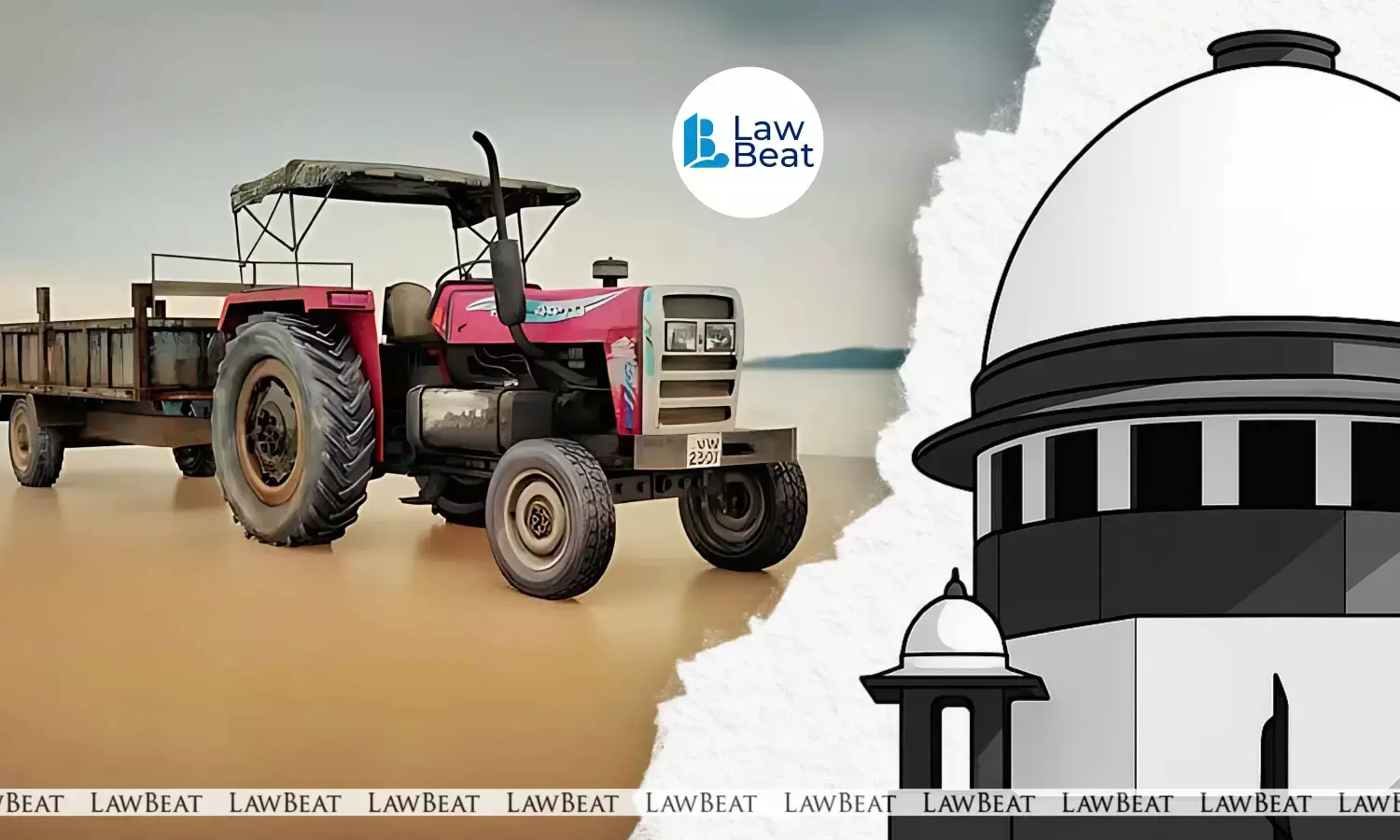Insured Tractor, Uninsured Trailer—Who Pays for Death? Supreme Court Answers

The Supreme Court has ruled that an insurance company is liable to pay compensation when an accident occurs in an uninsured trailer attached to an insured tractor—if the tractor was the root cause of the accident.
The case arose from a 2012 incident in Karnataka where a labourer named Nagarajappa died after the trailer he was travelling in overturned due to rash and negligent driving of the tractor driver. His widow and two daughters filed a claim under the Motor Vehicles Act seeking compensation. The Motor Accident Claims Tribunal awarded Rs. 9.5 lakh but held that since the trailer was not insured, the liability rested solely on the vehicle’s owner and driver. However, the Karnataka High Court later enhanced the compensation to Rs. 13.28 lakh and made the insurance company, Royal Sundaram Alliance Insurance Company, liable.
Challenging this, Royal Sundaram approached the apex court, arguing that its policy only covered the tractor—not the trailer or passengers on it. The insurer contended that the high court’s order was erroneous and contrary to the terms of the policy and legal precedents.
Rejecting the appeal, the Supreme Court bench of Justices Ahsanuddin Amanullah and Sudhanshu Dhulia upheld the high court's view, holding that since the tractor was the “main cause” of the accident, its insurer could not escape liability merely because the trailer was not separately insured.
The trailer was being pulled by the insured tractor, and the accident occurred during the movement of the tractor-trailer. The cause of the accident was the tractor itself. Therefore, the insurer of the tractor is liable, the apex court ruled.
"If an insured vehicle hits another vehicle which in turn hits a third vehicle, then for the entire chain of accidents, the liability would pass on to the vehicle which was the root cause of the accident because it is the result of the action in the same chain of events which cannot be segregated compartmentalized," said the bench.
Court added that in India’s ground realities, trailers are often unregistered and uninsured, and insisting on separate insurance in every such case would undermine the welfare-oriented spirit of the Motor Vehicles Act.
At the same time, the court protected insurers from unlimited liability, holding that while they are liable to pay the full compensation to victims, they may recover any excess amount (beyond their policy limit) from the vehicle owner.
Case Title: The Royal Sundaram Alliance Insurance Company Limited Vs Smt. Honnamma & Ors
Download judgment here
